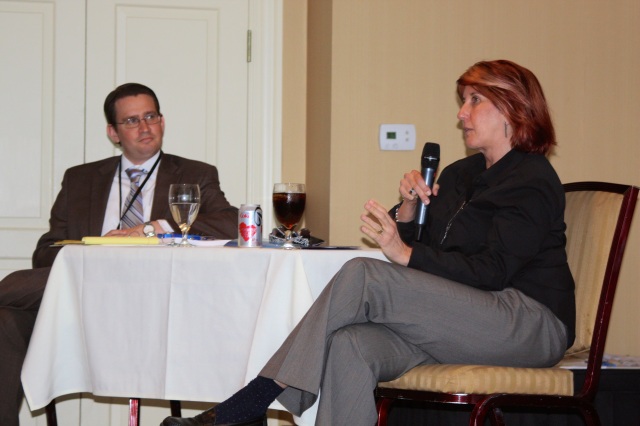“They call it Collaborative Divorce. It’s apparently all the rage right now.” Jason Bateman’s character spoke these lines in the 2007 hit Juno, and now the practice has come to Tampa.
On July 31, 2012, Chief Judge Manuel Menendez, Jr., of the Thirteenth Judicial Circuit of Florida signed an administrative order regulating collaborative family law practice in Hillsborough County. The administrative order is just the fourth such order in the State of Florida. The other circuits regulated by a collaborative family law administrative order are the Ninth Circuit (Orlando and Osceola Counties), the Eleventh Circuit (Miami-Dade County), and the Eighteenth Circuit (Brevard County).
According to Attorney Adam B. Cordover, “Hillsborough County’s collaborative law administrative order will bring more public awareness and certainty to this new and revolutionary form of family law practice.” Adam is a member of the task force that drafted and proposed the order and is also on the Executive Board of the Collaborative Divorce Institute of Tampa Bay, which promotes collaborative practice for divorce and all other types of family law matters.
Collaborative practice (which is variously referred to as collaborative divorce, collaborative law, collaborative model, or collaborative process) is a relatively new form of alternative dispute resolution which takes divorce and other family law cases out of the public courtroom and into a private office.
Each party hires a collaboratively trained attorney and agrees from the very beginning to resolve personal and financial disputes without having a judge decide the outcome.
A neutral facilitator (who is often a trained mediator, psychologist, or other licensed mental health professional) is brought on board to ensure that discussions focus on the future of the family unit rather than the arguments of the past. Additionally, the facilitator will ensure that discussions center around the interests of the parties (for example, “our child should go to a good school”) rather than on positions of the parties (for example, “our child must go to this particular school, or else…”).
A neutral accountant or other financial advisor may be brought on board when there are homes, businesses, mutual funds, or other assets that need to be divided. The financial advisor will also come up with creative solutions for debt division, child support, and ongoing needs of the spouses.
According to financial professional David Harper, CPA, ABV, PFS, CFF, CBA, “Studies show that financial disputes are consistently the number one reason for divorce. The collaborative divorce process promotes the honest exchange of all pertinent financial information so that each spouse has a comprehensive understanding of the financial aspects involved. Because of this, the collaborative process often results in a settlement involving less money, less time, and less of an emotional toll on the spouses and their children than the traditional litigation process.” Harper is an Executive Board member of the Collaborative Divorce Institute of Tampa Bay and devotes nearly his entire practice to providing sound financial advice to families in the midst of divorce.
Collaborative practice has been gaining steam as a more sensible approach to divorce, and even celebrities are catching on. Famous individuals who have utilized the collaborative process include Madonna, Robin Williams, and Cameron Crowe.
One of the lynchpins of collaborative practice is that, if the parties are unable to settle their differences and insist on going to court, their attorneys must withdraw, and new counsel may be retained. Attorney Beth Reineke believes “This means divorcing parties are more committed to the settlement process and less likely to choose litigation if the road gets bumpy during negotiations.” Reineke is a board certified emeritus family lawyer who has chosen not to litigate. As president of the Collaborative Divorce Institute of Tampa Bay, she either mediates with couples pre-suit or collaborates with the clients she represents.
More information on collaborative family law practice can be obtained from the Collaborative Divorce Institute’s website at http://www.CollaborativeDivorceTampaBay.com.





